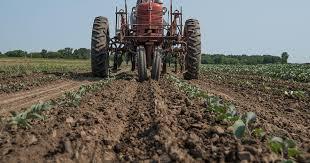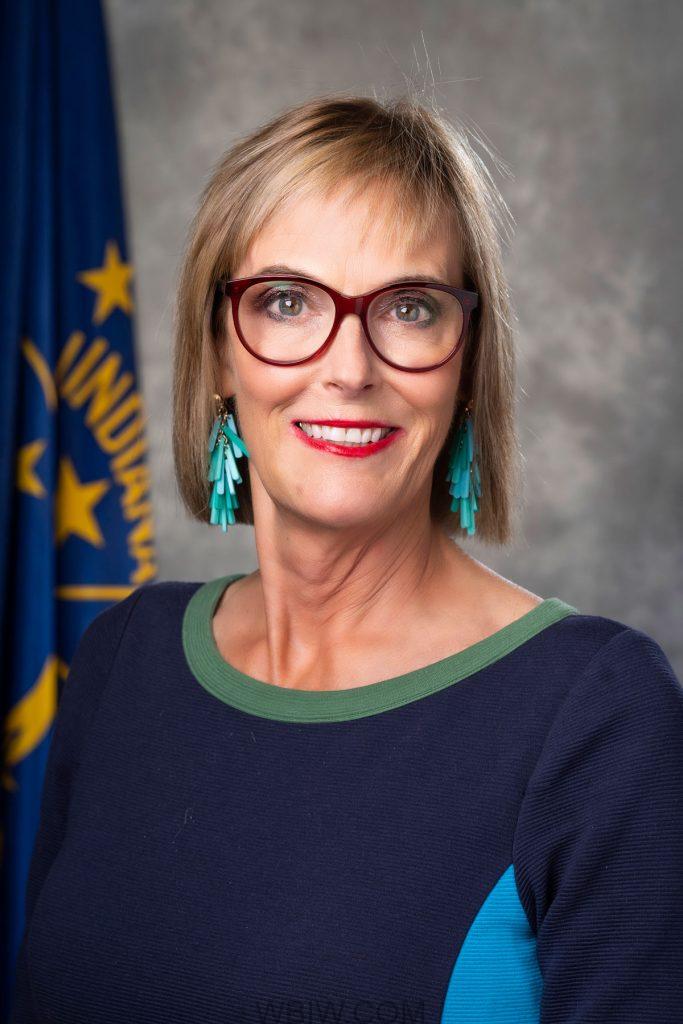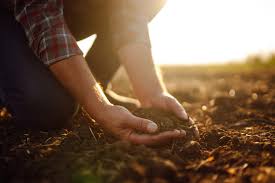
INDIANA – According to the Indiana Conservation Partnership (ICP), Indiana landowners set a record for the second year in the number of conservation practices used to maintain soil health.

The ICP, which works with Hoosier landowners to provide technical or financial assistance for implementing conservation projects, recently announced its 2024 conservation accomplishments. In 2023, landowners supported by the ICP installed more than 50,000 new conservation practices, up 3,000 from 2022. Last year’s 47,000 conservation practices installed were also a record.

“Year after year, Hoosier farmers and conservationists are installing additional stewardship practices and working hard to ensure nutrients and irreplaceable topsoil stay on their fields,” said Lt. Gov. Suzanne Crouch, Indiana’s Secretary of Agriculture and Rural Development. “Breaking records year after year is no small feat, and I want to thank the partners in this program and the landowners and farmers for their contributions and wish them well on their continued success in improving soil health.”
The ICP report showed that over the last year, landowners helped prevent over 1.6 million tons of sediment, over 3.6 million pounds of nitrogen, and over 1.8 million pounds of phosphorus from entering Indiana waterways.

In the fall of 2022 and emerging in the spring of 2023, Hoosier farmers planted more than 1.6 million acres of living cover, including cover crops and winter wheat. Cover crops and no-till practices implemented with ICP’s assistance sequestered an estimated 41,000 tons of soil organic carbon, which is the equivalent of the carbon emissions of more than 30,168 cars.
While the term conservation practices can mean many things, in Indiana, some of the most common conservation best management practices are cover crops, nutrient management, residue and tillage management, conservation cover, early successional habitat development/management, and grassed waterways.

“Indiana’s vitality is rooted in the soil. In a time when extreme weather events are inevitable, keeping our soil healthy and productive is of paramount importance,” said Indiana Natural Resources Conservation Service (NRCS) State Conservationist Damarys Mortenson. “We are seeing great strides by our Indiana farmers who are working with the ICP to incorporate soil health principles on their land. These producers are increasing their soil’s organic matter, reducing the need for expensive inputs and improving microbial activity — all while harvesting better profits and often better yields.”
Indiana State Department of Agriculture Director Don Lamb congratulates Hoosier farmers and landowners on another record year.

“It is exciting news to share that Hoosier farmers and landowners continue to break records each year on installing soil conservation practices,” said Lamb. “A large key to this success is helpful partnerships, having the right tools available, and having willing participants. I want to thank the Indiana Conservation Partnership team for their efforts and of course our farmers and landowners who want to keep their soil healthy and thriving for years to come.”
The ICP comprises public and non-profit groups and landowners that work together to improve soil health and water quality. ICP organizations include the Indiana Association of Soil and Water Conservation Districts, Indiana Department of Environmental Management, Indiana Department of Natural Resources, ISDA, Indiana State Soil Conservation Board, Purdue Extension, USDA-Farm Service Agency, and USDA-Natural Resources Conservation Service.

The Indiana Conservation Partnership is a crucial part of Indiana’s Nutrient Reduction Strategy; this illustrates the continued success and challenges of conservation and serves as a tool to help set watershed priorities and reduction targets, manage conservation resources, and further stakeholder involvement across Indiana.
To find more information on soil and water conservation in Indiana, soil and carbon sequestration, soil conservation trends, Indiana’s work in our three water basins, or partnerships between other states in the full report, click here or visit isda.in.gov.



